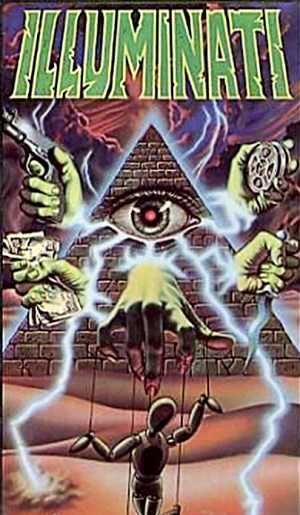John K
Donor
- MBTI
- INFJ
- Enneagram
- 5W4 549
I suspect that this stereotype is actually incorrect, though there is truth in it too. Women's role was certainly domestic, and until about 1900 many women would either be pregnant or nursing an infant from age 20ish - 45ish, if they survived that long. But there's a lot more to it than that because women formed the social axis of their communities and men were beneficiaries of this rather than formative participants. This social network was almost certainly as important a resource as the income of the men and the protection they provided. Going further back into hunter gatherer days, I understand that it was women who were the main food providers judging by modern people who live that way. The women and kids were the ones who went out looking for plant food, while the men went off hunting game, and the women tended to be more successful providers than the men at this. Of course the men fought with neighbours when necessary and had to protect their group - but you can argue that this is because men were a lot more expendable than women in those days. You could lose half your men and still produce babies at the same rate, but that wouldn't be true if you lost half your women.The social contract over thousands of years was: women provide babies, men provide resources and security. .
But all of this becomes unnecessary when you can control how and when you have children, when infant mortality is very low, when resources are plentiful. Darwinian forces rule very strongly here - we lived like that in the past because that's what meant we survived. We don't need to live like that to survive any more, and we are starting to evolve in a way that adapts us to our present environment instead. Like I said, the forces are pretty strong and if we come back in 200 or 300 years, we will find that the survivors are the ones who best adapted to our present world - they will be descended from the ones who had the most surviving children.


